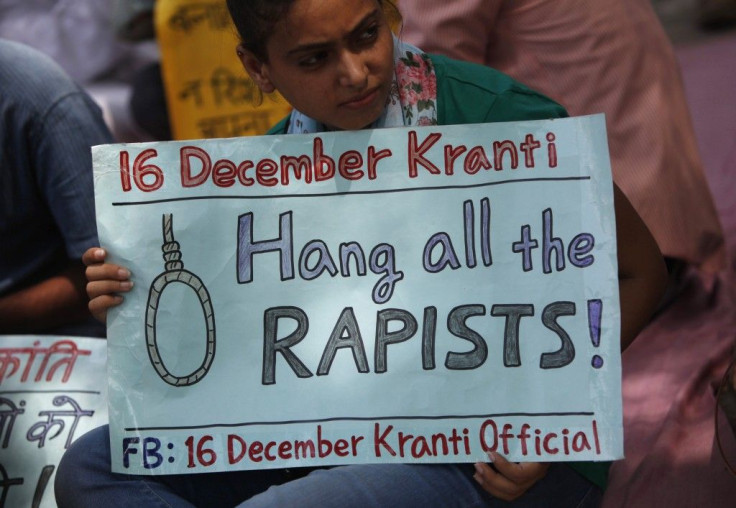Delhi Rape Reports Skyrocket In 2015 Amid ‘India’s Daughter’ Premiere: Report

Amid worldwide outrage regarding India’s rape epidemic, Delhi police registered 300 reports of rape and 500 reports of molestation in the first two months of 2015, the Times of India reported Saturday. If the trend continues at the current pace, reports of rape and molestation in the city will more than double this year, a sign increased activism and policing efforts are either not having much of an effect or are leading to more women to come forward.
The Times said an average of five cases of rape are reported every day in the capital. One women’s group told the paper the increase was due to increased awareness of the issue. Police in Delhi have also taken steps to make reporting and enforcement more effective, like making quicker arrests and lodging First Information Reports verbatim based on the victim’s interpretation of events.
India’s disturbing rate of sexual assault gained worldwide attention in 2012 after a 23-year-old physiotherapy intern was gang raped and murdered on a bus in South Delhi. The incident spawned protests and calls for action throughout India and around the world. It also inspired a BBC documentary, “India’s Daughter,” which was banned by the Indian government last week due to controversial interviews with one of the rapists. Officials said the film -- in which the convicted rapist argues the woman had it coming because she was out in public at night -- provides a platform for inflammatory and offensive views.
But Jayati Ghosh, a renowned economist and professor at Jawaharlal Nehru University, said attempts to ban the film were not so self-sacrificing. “The Indian government’s real concerns are less about the safety of women than the international image of the country,” Ghosh wrote in the Guardian last week. “They worry that the documentary will continue to present India in a bad light rather than showcase its achievements and new government.”
The gang rape led to the conviction of four men, but Ghosh wrote things have gotten worse, not better, in the three years since.
© Copyright IBTimes 2024. All rights reserved.












